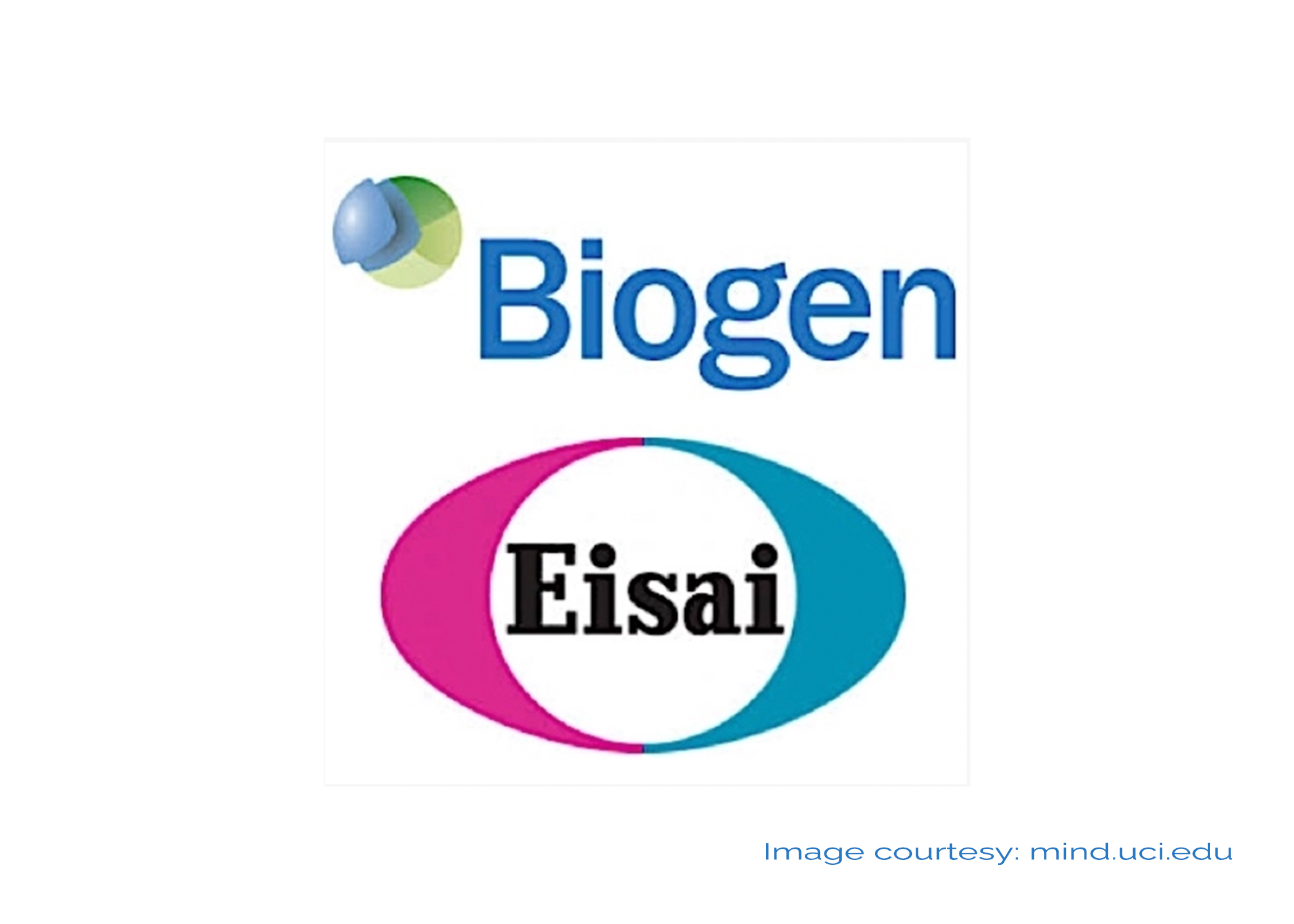As the over-65 segment of the population swells with the aging of the vast Baby Boomer generation, a rapidly growing number of seniors will face health conditions associated with aging, including Alzheimer’s disease. After disappointing drug trial results for several hopeful A.D. treatments, a new large-scale study offers promise in slowing the rate of cognitive decline in later stages of the disease.
It is estimated that 6 million Americans are living with Alzheimer’s disease, although only a portion of these cases are in the early and mild stages. By 2060, that number is expected to reach 14 million.
According to a recent New York Times Business report, the drug Lecanemab reduced cognitive decline by 27 percent compared to a placebo group in a clinical trial of 1,800 participants with mild cognitive impairment or mild Alzheimer’s disease. Lecanemab, an anti-amyloid drug, is used to help clear the brain of amyloid protein plaques – a hallmark of Alzheimer’s disease.
Although Lecanemab is associated with some patient side effects including swelling or bleeding of the brain, the side effects were less common than detected with the drug Aduhelm, which recently received U.S. Food & Drug Administration approval. Lecanemab is administered intravenously, and patients in the 18-month trial began to show benefits after 6 months of receiving treatments.
The pharmaceutical companies Biogen and Eisai developing Lecanemab have applied to the FDA for accelerated approval based on sufficient evidence that the drug would provide an unmet clinical benefit to treat a serious condition. If approval is granted, drug companies are still required to conduct studies to confirm the anticipated benefit, at which point the FDA would grant traditional drug approval.
If Lecanemab is able to pass the requirements for full FDA approval, analysts predict the drug would be a massive win for Biogen, putting them back in the Alzheimer’s medication game after the ill-fated launch of Aduhelm, which caused controversy in the medical community about the actual clinical benefits for patients. Medicare coverage of the drug Aduhelm was recently limited to beneficiaries enrolled in clinical trials approved by the FDA or the National Institutes of Health.
The accelerated approval process for Lecanemab will continue and an FDA decision is expected by early 2023 – newer data from ongoing trials will be used to pursue full approval.






Add Your Voice
0 Comments
Join the Discussion